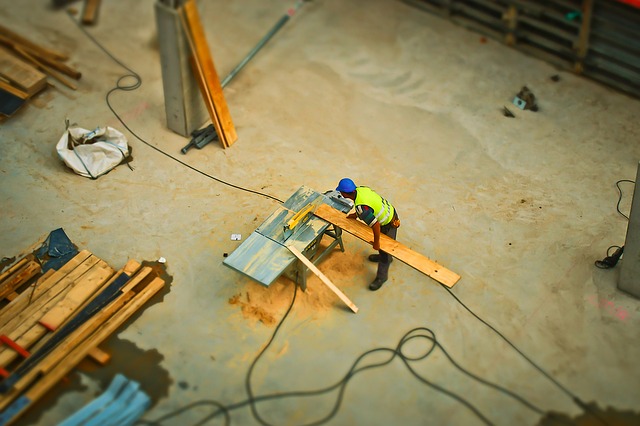How to Protect Your Contractor Company With General Liability Insurance
Construction business is a very demanding and aggressive industry where the risks of injuries and accidents are very high, and for protection from these risks, you will need to have the right kind of insurance. There are different kinds of insurance that are required by the contractor company, but the most popular and beneficial is California contractors liability insurance. Therefore, before buying the insurance, you need to find out how to protect your contractor company with public liability insurance. This is especially important because the insurance has been designed for helping the contractors and construction company owners from all kinds of liabilities that might arise due to any unforeseen circumstances. It also protects the business assets by compensating for the loss or damages sustained by the company.
General liability insurance is essential for the construction workers and contractors because it offers protection from all kind of risks that exists in the construction industry. Moreover, even when any accidents take place at the construction site, the insurance will keep the assets and investments of your business secure. Whether it is any injury or whether a property has been damaged, the right kind of insurance will protect the contractors and construction workers from liabilities. The general liability will protect your business from different claims alleging bodily injury or property damage. The right kind of coverage will help limit the financial risks of your business from accidents, job site injuries, and equipment damage. Even if someone gets injured at your construction site, the insurance will protect your business from the lawsuits when someone sues your business. Your contractor company is exposed to liability and legal obligations when any untoward incidents that take place at your site. But when you have an insurance policy, you will get protection from the damages and legal fees resulting from the lawsuit.
The general liability insurance offers many benefits as it provides a certain level of security and value as your assets will be protected adequately. Even if there is a lawsuit, the insurance will cover the court expenses, witness fees, and attorney fees so that your company will not have to bear any costs. Even if there are any damages to your client’s property, the insurance policy will help cover the repairing costs so that your company will remain unaffected. Therefore, you will need to look at the different coverage offered by the system when buying an insurance policy. Furthermore, your assets will be protected from the loss so that you will not have to pay the price for the settlement cost after the damage. Even if there are any high court costs or settlements that you need to pay or cover the losses, the insurance company will spend money on behalf of your contractor company. This is especially important so that your business will remain operational even during these issues, and you will also get assistance for facing the costs of lawsuits. This will mean that your business will stay profitable, and it remains operational without getting affected in any manner.

